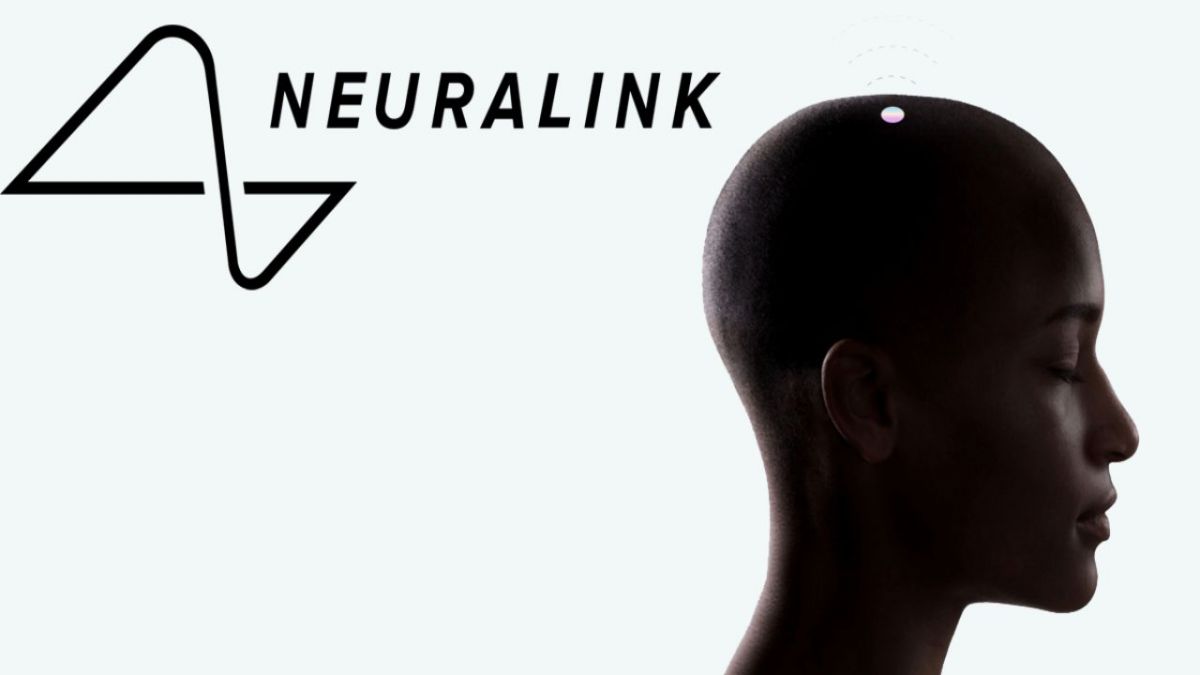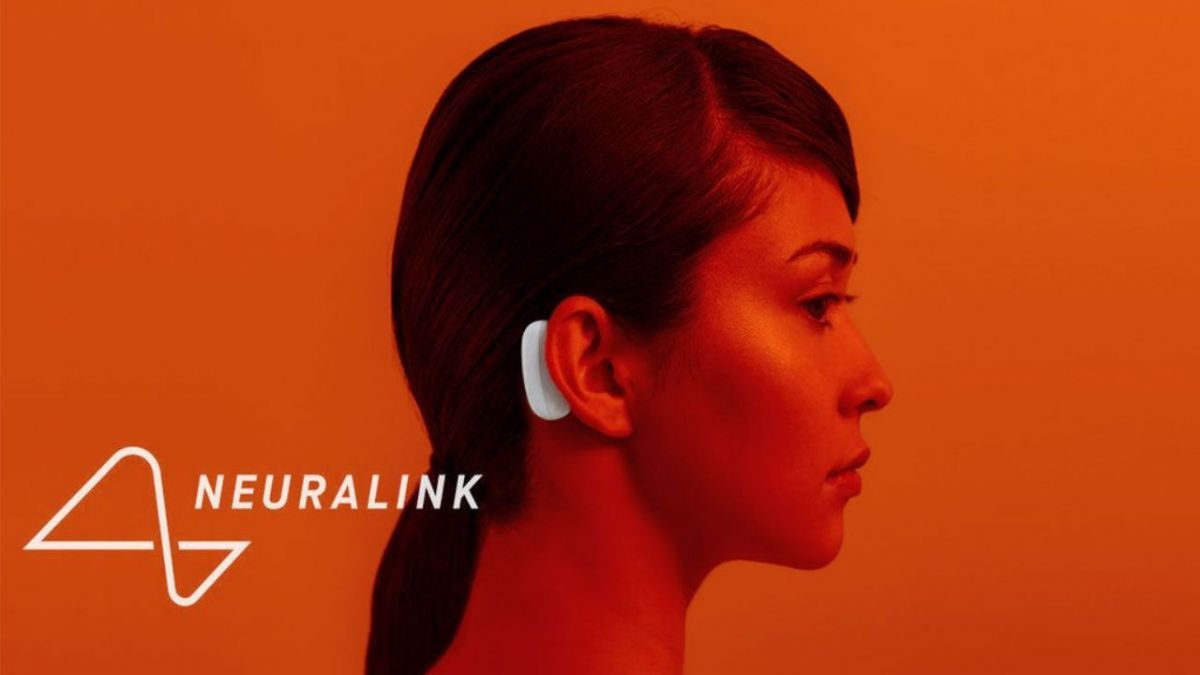Cloud computing opens a new chapter in IT, the rapid rise of cloud-native applications
Advertisement
Musk's Neuralink brain implanted with a chip, realizing human-computer communication
Neuralink, the brain-computer interface company led by Elon Musk, recently announced a major breakthrough in the development of their brain implant chip, paving the way for seamless communication between humans and machines. This exciting news quickly captured the attention of both the tech and medical communities, and is seen as a key step towards the era of artificial intelligence.
The brain implant chip developed by Neuralink, named "Link," utilizes flexible electrode arrays and wireless transmission technology. After being implanted into the cerebral cortex through minimally invasive surgery, the chip can record the electrical activity of neurons in real-time and transmit these signals wirelessly to external devices. At the same time, the chip can also precisely stimulate specific neurons based on the external signals it receives, enabling bidirectional information transfer.
Reportedly, the Neuralink team has successfully demonstrated this technology in animal experiments. Monkeys with the "Link" chip implanted were able to control computer games using only their thoughts, with speed and accuracy far surpassing manual operation. Even more exciting is that the brain activity data from these monkeys can be uploaded to the cloud in real-time, and used to train artificial intelligence algorithms. This means that the vast knowledge and valuable experience accumulated in the human brain can be directly "taught" to AI, greatly accelerating its learning process.

Musk stated that Neuralink's ultimate vision is to achieve seamless integration between the human brain and artificial intelligence, allowing human wisdom and machine intelligence to complement each other and tackle future challenges together. He envisions that with the help of the "Link" chip, patients suffering from neurodegenerative diseases such as Alzheimer's and Parkinson's could regain some of their cognitive and motor functions. For healthy individuals, the implanted chip could also significantly enhance their cognitive abilities such as memory and computational power, and even enable collaboration with AI assistants on various creative tasks.
However, this pioneering technology still faces numerous technical and ethical challenges. Firstly, the safety of brain implant surgery and the long-term stability of the chip require further clinical validation. Secondly, figuring out how to effectively protect users' brain data privacy and prevent malicious manipulation of the chip are also pressing issues that need to be addressed. Moreover, some ethicists have expressed concerns that the "Link" chip might exacerbate social inequality, as it could become a new tool for the wealthy to further strengthen their advantages.

Despite the controversies, there is no denying that Neuralink's groundbreaking progress in the field of brain-computer interfaces has sketched out a blueprint for a new era of human-machine integration. Musk admitted that there is still a long way to go before brain implant chips can be truly commercialized, but the new paradigm of human-machine interaction they represent has become an undeniable trend. In the future, as brain-computer interface technology continues to mature and improve, it may fundamentally reshape our way of life and usher in a new chapter of human evolution.
Of course, we must approach any emerging technology with caution, fully recognizing its potential risks and limitations while actively exploring its possible applications. With regard to the "Link" chip, while it is important to remain optimistic about its enormous potential in fields such as medical assistance, we must also pay close attention to the ethical dilemmas it may create. Only by striking a delicate balance between technological progress and ethical norms can artificial intelligence and brain-computer interfaces truly benefit humanity. This requires experts and scholars from multiple fields such as neuroscience, artificial intelligence, and ethics to work together and explore this uncharted territory hand in hand. It is foreseeable that this revolutionary journey of human-machine integration will benefit the future of all humankind. Let us wait and see!